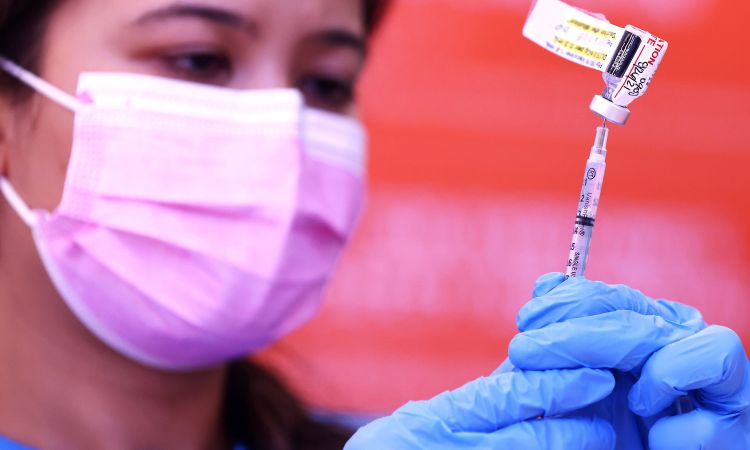A study published Thursday linked COVID-19 vaccination to the average menstrual cycle in women, which became a day longer than usual, CNN reported.
This backs some of the claims online from women saying that their menstrual cycle was affected by vaccination. Experts, however, said this should not cause concern as the change is not clinically noteworthy.
Dr. Alison Edelman, the study’s lead researcher and also an OB.GYN and Oregon Health & Science University, Portland professor, told CNN that: “The bottom line is, we really think these findings are reassuring for health and reproductive health.” The research team also merged with the same reassuring findings on COVID-19 vaccines safety on pregnancy and fertility.
Edelmen, however, said that there is a sole link with the menstrual cycle that is more clinical.
People can get solid information from the research that can shed light on what to expect.
“Let’s say nobody told you that you were going to get a fever (after getting the Covid-19 vaccine). It’d be like, ‘What just happened?’ ” she said. “And people have different relationships with their menstrual cycle. For some people, maybe they’re planning pregnancy or trying to avoid a pregnancy. Even one day of change — and that’s a mean — can feel uncomfortable.”
Women who get mRNA vaccine shots – either Pfizer/BioNTech or Moderna – had an average increase in their menstrual cycle length, according to researchers.
The cycle length for women who received these doses was up by an average of a couple of days. The study said that within a couple of months, the change is resolved. Data is not sufficient, however, on the length of the change in other women.
Menstrual cycles in women can be impacted by different aspects including health stressors, daily life, and environment. Pandemic-linked stresses are removed by the researchers on what caused the changes.
The study noted that mRNA vaccines make the same strong immune response that can temporarily affect menstrual cycle regulation.







